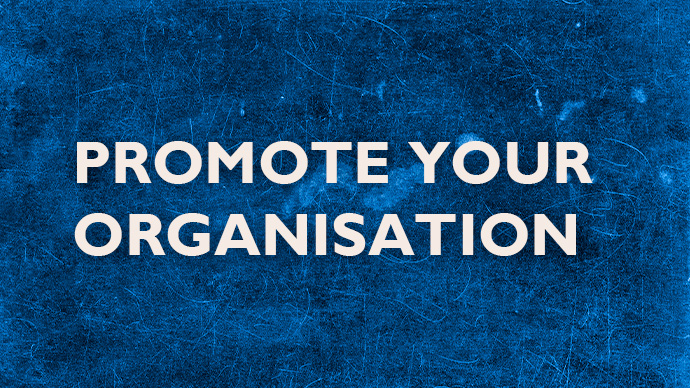Promote your organisation
Ensure others recognise the difference you makeNarratives must highlight the journey, challenges and triumphs that demonstrate your organisation’s true impact to achieve stakeholder recognition.




Case study 1 – OHCHR
The Office of the High Commissioner for Human Rights (UN Human Rights) holds a global remit, with operations taking place across each of the world’s continents. In common with all UN agencies, UN Human Rights must promote the work it undertakes, as its programmes can have a game-changing impact on some of the world’s most vulnerable people. Paradoxically, however, the sheer breadth of this remit can mean that much of this good news is easily missed.
UN Human Rights’ annual report covers the activities of these programmes, but there is little room, however, to report on these activities in much detail. In 2017, I was commissioned to select a number of programmes from the report – often described in really no more than a few lines – from which to research and write a series of engaging stories. These stories not only underscored UN Human Rights’ dedication to the people it serves, but also systematically revealed how the agency can, and does, bring about lasting, positive change.
Ideal as a ‘sample’ for promoting UN Human Rights as an organisation, the stories were then disseminated across various channels. They were published in hard copy as a stand-alone brochure, making them an ideal tool for both advocacy and visibility. They were also hugely beneficial as an introduction to UN Human Rights, with the stories published across social media and on the UN Human Rights website.
Case study 2 – Basel, Rotterdam, Stockholm
The Basel, Rotterdam and Stockholm (BRS) treaties were respectively established to combat transboundary movements of hazardous wastes, the international trade of hazardous chemicals, and persistent organic pollutants. All three are administered by the BRS Secretariat in Geneva, funded jointly by the United Nations Environment Programme (UNEP) and the Food and Agriculture Organization of the United Nations (FAO). The Secretariat offers high-level technical assistance and advice to national and local governments, sister UN agencies, NGOs and civil society bodies.
BRS expertise is second to none, and provides invaluable guidance along a spectrum that encompasses farm workers at one end and the highest echelons of state administration at the other. Almost by definition, however, this guidance is couched in language that is alien to non-experts. This means that the long-term impact of the three treaties is often ignored. In 2019, I was tasked with writing a series of ‘Success Stories’ to help overcome this.
The resulting 11 stories were crafted in compelling and accessible English that outlined the achievements of each of the three treaties. These ranged from alternatives to farm pesticides, the illegal dumping of lead and car battery acid, electronic waste, such as redundant computing equipment, the training of customs’ officials and the success of ecologically based farming techniques. It meant that the Secretariat was able to expand its audience reach, with many more organisations – in particular UN agencies and NGOs – becoming fully cognizant of the breadth and depth of its impact.


